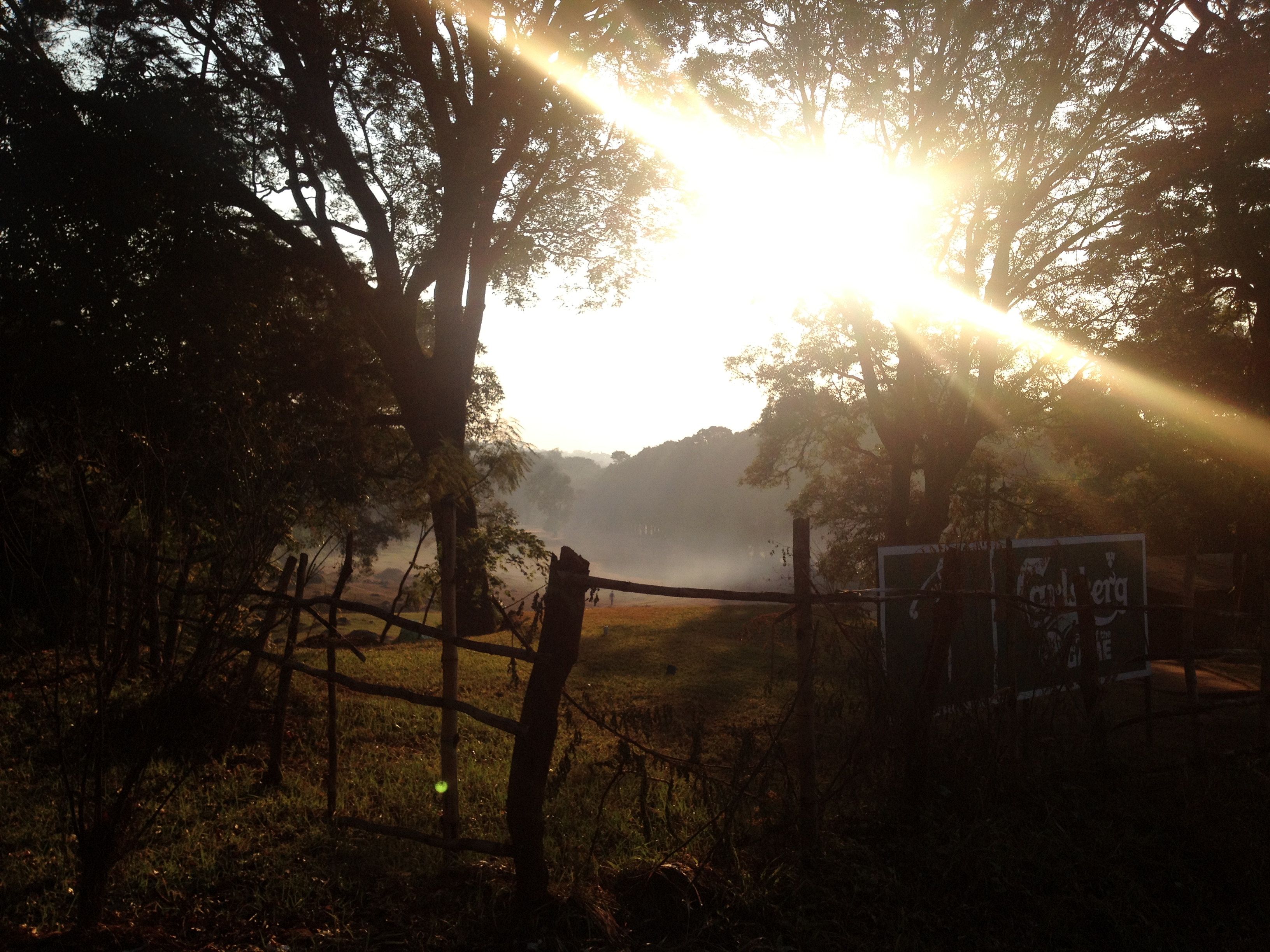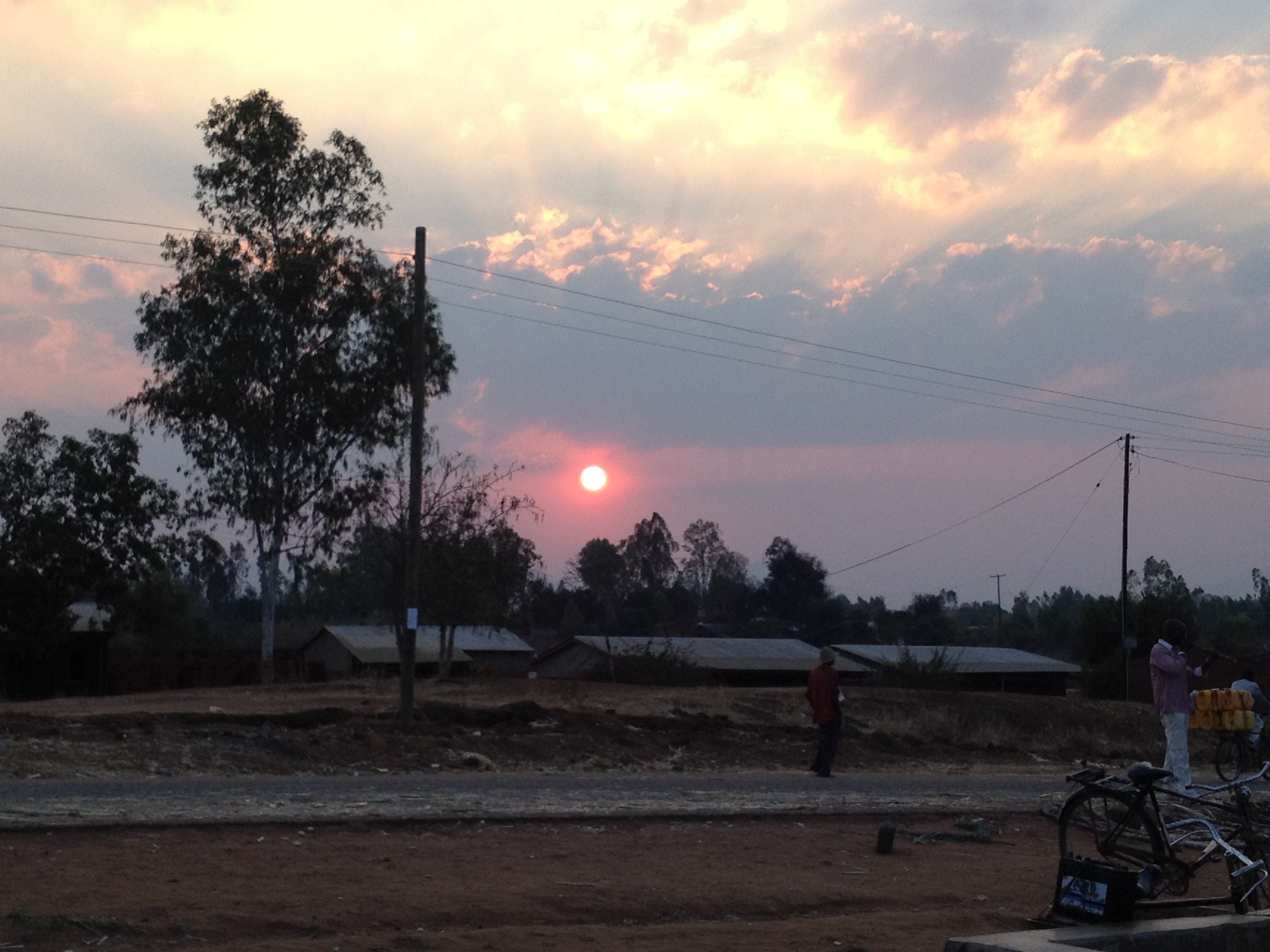Back in college, a common response to my stated goal of going into development economics was for people to ask whether economic development wasn’t really about US cultural imperialism, or promoting consumerism, or some similar issue that college students care passionately about for a couple of years before taking a job at BCG or at an I-bank. I can’t really speak to the second issue, although I’d imagine that a lot of the folks around TA Mwambo would leap at the opportunity to worry about keeping up with the Joneses (the Phiris?) instead of worrying about surviving the current drought. It’s more of a relevant question for countries further along the economic development curve.
But the first issue, the imperial spread of US culture, I can say a bit more. US culture is in pretty strikingly short supply in Malawi. The most significant inroad that we seem to have made is in terms of music, but a) the music scene is still overwhelmingly African and mostly local within that, b) American artists that gain popularity here tend to have some link to Africa (e.g. Akon, who is Senegalese), and c) even when they don’t, we’re usually in some sense exporting back musical traditions that came from Africa in the first place. The dearth of US brands is particularly striking. I often look around big stores and shops to see if I see anything I recognize. There is no shortage of foreign-branded goods: the dominant beer is Danish, Shoprite carries loads of South African brands, the minibuses that serve as public transit are usually bought used from Japan, and for a while last year the dominant brand of lollipop was from Peru or something for confusing reasons. Rather than a sense of an imperial invasion by one country’s culture, though, this strikes me as a competitive market for imported goods, and one into which America has made few inroads. Even infamously common brands don’t exist here – you can’t calculate the Big Mac Index for Malawi because there is not a single McDonalds in the country.
The one exception to this pattern is Coca-Cola, which is the only US brand I am aware of in Malawi.* It is absolutely everywhere – in the remotest villages I’ve been to, places where you can’t buy water that’s safe to drink without boiling it first, you can find folks selling reusable glass bottles of it for around 30 cents. Coca-Cola’s role here is pretty informative, too – it’s much more prevalent, and culturally significant, than it is in the US, where it’s already a pretty big deal. Beyond its being nigh-universally available in Malawi, the #1 song here last year was about and named after Coca-Cola. In this way it is similar to maize, which arrived just 150 years ago from the new world but is a legitimate and vital part of Malawian culture. Even America’s biggest commercial success here seems to me to have meant basically nil in terms of forcing people to adopt our culture. To test that theory, I’ve started asking people I meet where Coke comes from. No one seems to have any clue, and I had one guy argue with me that it couldn’t be American in origin.



